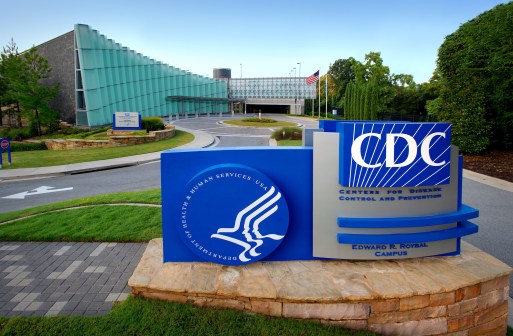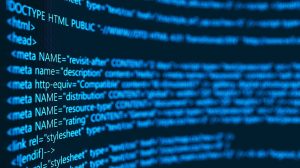Experts weigh benefits, problems of open data
While open data experts extoll the benefits of encouraging governments to open their information vaults, some fret about unintended negative consequences that could come with it.
Speaking on a panel on the topic hosted by the Microsoft Innovation & Policy Center in Washington, D.C., Ryan Calo, assistant professor of the University of Washington School of Law, said there was “an opportunity” to strengthen the security of the data governments manage.
“I think that governments of all kinds, local and federal, can improve the overall ecosystem on privacy and security,” he said during the panel.
Calo referenced a paper he co-authored and released earlier this year that evaluated Seattle’s open data practices. The city was ahead of the curve when it came to data, but the vendors it used to gather data — on anything from 911 calls to parking violations — each faced different security requirements, he told FedScoop.
“It wasn’t that we found too many smoking guns exactly,” he said of the report. “It was rather that it was all over the place. Some vendors would make no guarantees about security.” Others had to have cryptology in place and agreed to notify the city in case of a breach.
Among his recommendations was that the city should have an overarching policy governing how vendors use and safeguard the data they gather for the city. And he said the recommendations could carry over to other cities and even the federal government.
Indeed, Joel Gurin, president of the Center for Open Data Enterprise, said data shouldn’t be opened up by accident.
“We’re seeing a couple instances of conflicting public goods,” Gurin said. In some cases, to get the highest value from data requires getting into territory where the risk of exposure is great, he said.
It’s a balancing act that the Consumer Financial Protection Bureau is trying to navigate as it makes available digital data of mortgage transactions under the Home Mortgage Disclosure Act, he said. The act means to avert discrimination in housing practices, and in a recent rulemaking the agency outlined efforts to continuously weigh the need for data with the importance of ensuring privacy.
“It’s a very innovative approach and we must start seeing that there is some kind of trade with some risk of some privacy exposure versus a public good,” Gurin said.
Gurin said open data has a number of economic benefits: For example, it could encourage the development of precision medicine — the idea that physicians could better tailor treatments to their patients’ genetic makeup and environment — and companies like online real estate firm Zillow and The Weather Channel are built on government data.
But there are other uses too. He pointed to the Education Department’s recently released College Scorecard, which allows users to look up information about average debt and average starting salary for colleges across the country.
“Had we known [the information from this scorecard] 10 years ago or five years ago, this would have dramatically changed every conversation with our kids, every conversation with our guidance counselor and would have given us a framework of reality of ‘What is this education really worth,’” said Gurin, who had three children graduate from college.
In all, he said the government’s data belongs to the citizens.
“It’s not just the government needs to put data out there because that is their own accountability,” he said. “It’s also saying government needs to put data out there because we pay for it as taxpayers, and it can actually help us.”





